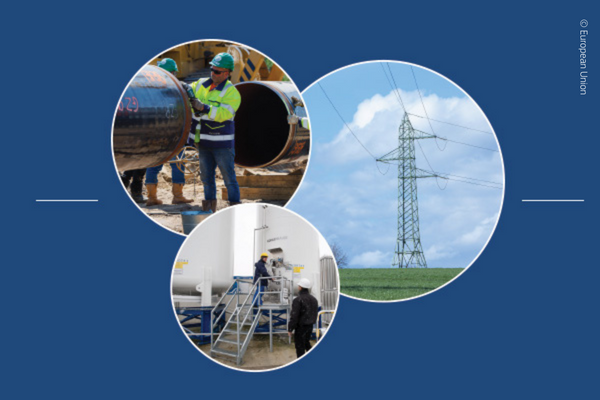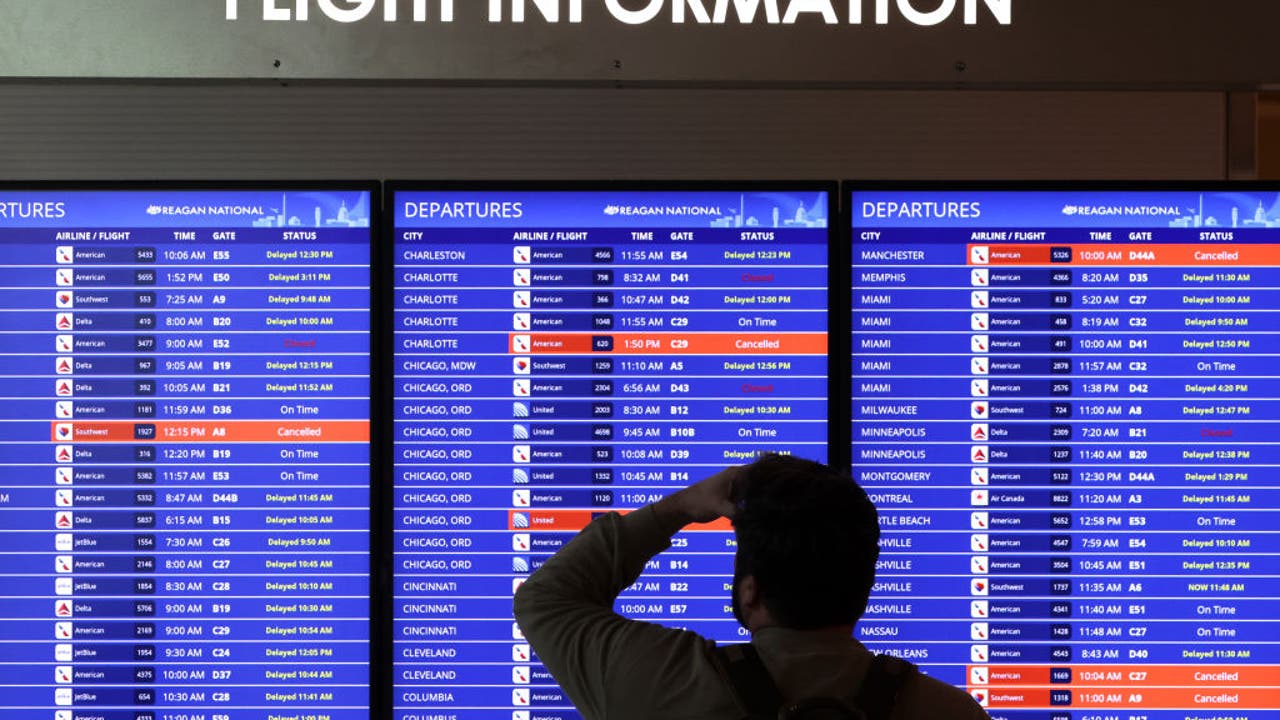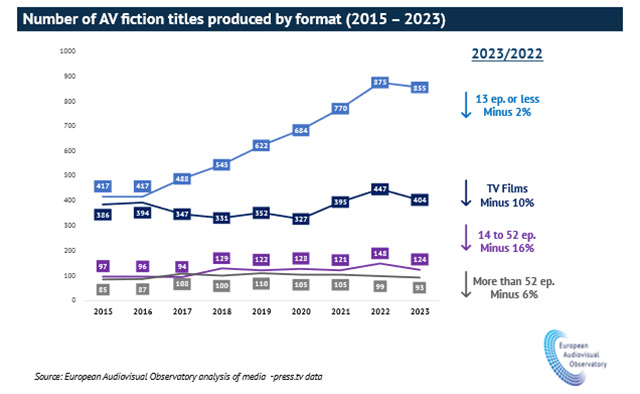Infra
Commission allocates nearly €600 million for energy infrastructure projects contributing to decarbonisation and security of supply

The Commission has awarded €594 million from the Connecting Europe Facility (CEF) to 8 cross-border energy infrastructure projects that were granted the status of Projects of Common Interest in 2022. This investment is part of the EU’s wider efforts to decarbonise the energy system and achieving greenhouse gas emission reduction targets outlined in the European Green Deal.
The funds have been awarded to several carbon dioxide (CO2) projects including a maximum of €189 million to D’Artagnan, a CO2 export hub in the port of Dunkirk in France; €157 million for CO2 infrastructure in the port of Rotterdam (Netherlands) which includes both an import terminal and 200 km of undersea trunkline; and €2.54 million to the EU CCS Interconnector, a CO2 infrastructure project in Gdansk (Poland). The Northern Lights initiative, a cross-border project linking CO2 capture initiatives in several EU Member States and Norway has also received €131 million. These projects will support the establishment of an EU-wide carbon value chain as the Commission is working on a new strategy on industrial carbon management contributing to the achievement of its climate goals.
Additionally, funding worth €100 million will be awarded to the Gabreta smart grids project located between Czechia and Germany, and the project to reinforce the Lonny-Achêne-Gramme electricity interconnector between France and Belgium has been awarded funding for studies, worth €1.22 million. Finally, €12.77 million will be granted to the Depomures natural gas storage facility in Romania to increase its working capacity and thus contribute to the region’s security of supply.
Today’s funding decision follows the 2023 call for CEF funding, which was the last call open to projects that had been granted PCI status based on the previous TEN-E Regulation (EU) 347/2013, where gas projects were eligible for support. The revised Regulation introduces a general exclusion of fossil fuel funding. After the Commission’s evaluation of applications, Member States gave a positive vote to the Commission’s proposal in the CEF Coordination Committee on 7 December. The European Climate, Infrastructure and Environment Executive Agency (CINEA) will now prepare grant agreements with the beneficiaries.










